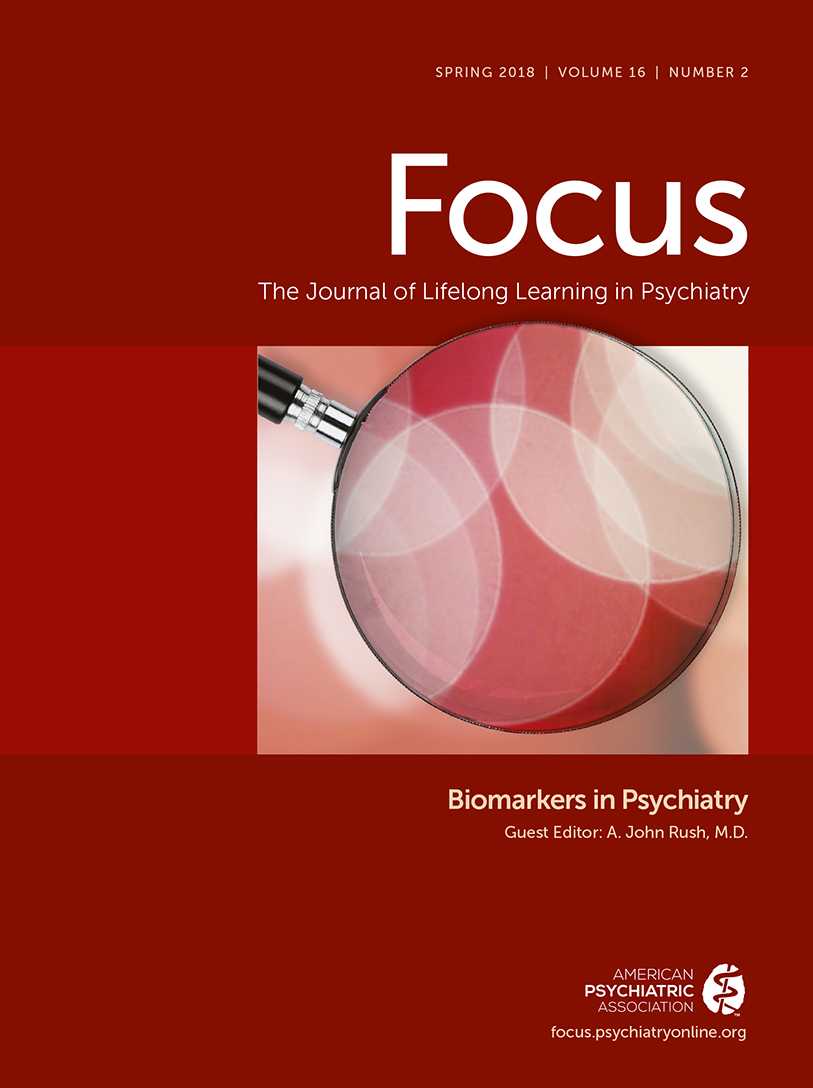A Clinician’s Guide to PTSD Biomarkers and Their Potential Future Use
Abstract
No clinically validated biomarkers have yet been found to assist in the diagnosis and treatment of posttraumatic stress disorder (PTSD). Innovation in clinical trial design, however, has led to the study of biomarkers as part of testing new medications and psychotherapies. There may soon be viable biomarkers to assist in diagnosis of PTSD and prediction of illness trajectory, severity, and functional outcomes; subtyping; and treatment selection. Processes for the identification and validation of biomarker findings are complex, involving several stages of clinical testing before use. The authors provide an overview of issues regarding the clinical use of PTSD biomarkers and examine a set of genetic, epigenetic, and other blood-based markers along with physiological markers currently proposed as candidate tests for PTSD. Studies that have identified candidate biomarkers with relevance to treatment selection in PTSD are discussed as a promising area of research that may lead to changes in clinical practice.



